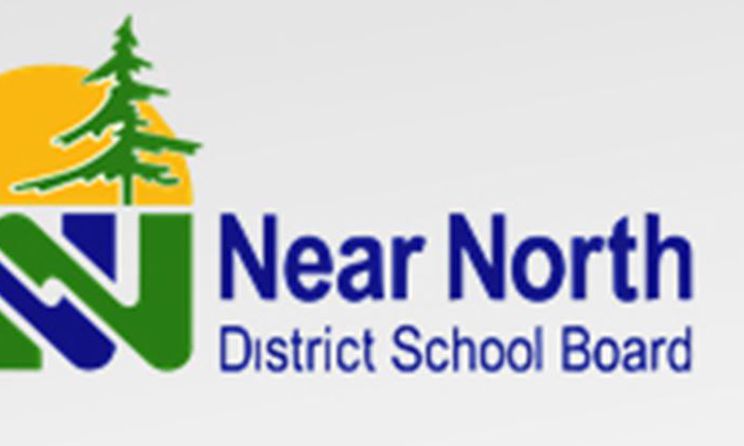The First Nations Advisory Committee (FNAC) report presented at last night’s Near North District School Board (NNDSB) meeting outlined the scope of Indigenous education in schools and introduced several new initiatives.
In addition to outlining the status of Indigenous education across the board, the report announced:
- a new Specialist High Skills Major (SHSM) arts and culture program with an Indigenous studies focus that will be implemented at Parry Sound High School in September 2022
- an initiative that will see all Grade 11 students take NBE3 – English: understanding contemporary First Nations, Métis and Inuit voices
- an alternative secondary school program that will be delivered in partnership with the North Bay Indigenous Friendship Centre. More will be announced about this in the coming weeks.
One of the board’s key priorities is working towards equitable outcomes for Indigenous students. This is accomplished by supporting Indigenous student well-being, transitions and pathways, parent and community engagement and by maximizing system and educator capacity.
The board action plan for Indigenous education focuses on supporting student success and well-being for Indigenous learners, families and communities, as well as increasing the knowledge, understanding and awareness of Indigenous culture, worldview, historical and contemporary issues and perspectives for all members of school communities throughout the board.
Board Chair Jay Aspin says, “Our board is committed to ensure Indigenous students have every opportunity for success. This board action plan is part of a complex structure of supports prioritizing equitable outcomes to move forward towards the success and well-being of these students through much needed systemic change.”
In addition to the work that takes place across the board, there are school and community initiatives that support system work. FNAC is grateful to the team of Indigenous language teachers, First Nations, Métis and Inuit studies teachers, graduation coaches, transitions support and education counsellors, as well as allies who help create dynamic learning environments.
Director of Education Craig Myles acknowledges that cooperation and communication between NNDSB and Indigenous partners are vital to success in this
area. “We, as a board, are committed to ensuring equitable outcomes for Indigenous students. NNDSB’s work at all levels in support of Indigenous student well-being, transitions and pathways, parent and community engagement, as well as system and educator capacity are rooted in the Multi-Year Strategic Plan (MYSP).”
Among the initiatives at NNDSB that support Indigenous students are youth circles (from which the Indigenous Student Trustee is appointed), graduation coaches at four secondary schools who support Indigenous students with culturally responsive approaches to learning and an outreach worker who supports Indigenous families moving to the area.
To support educators, the board has invested in cultural competency training for all staff and has contracted cultural advisors who support learning and increase the understanding of Anishinaabe history, culture, knowledge, teachings and perspectives.
The full report is available in the Board package.
